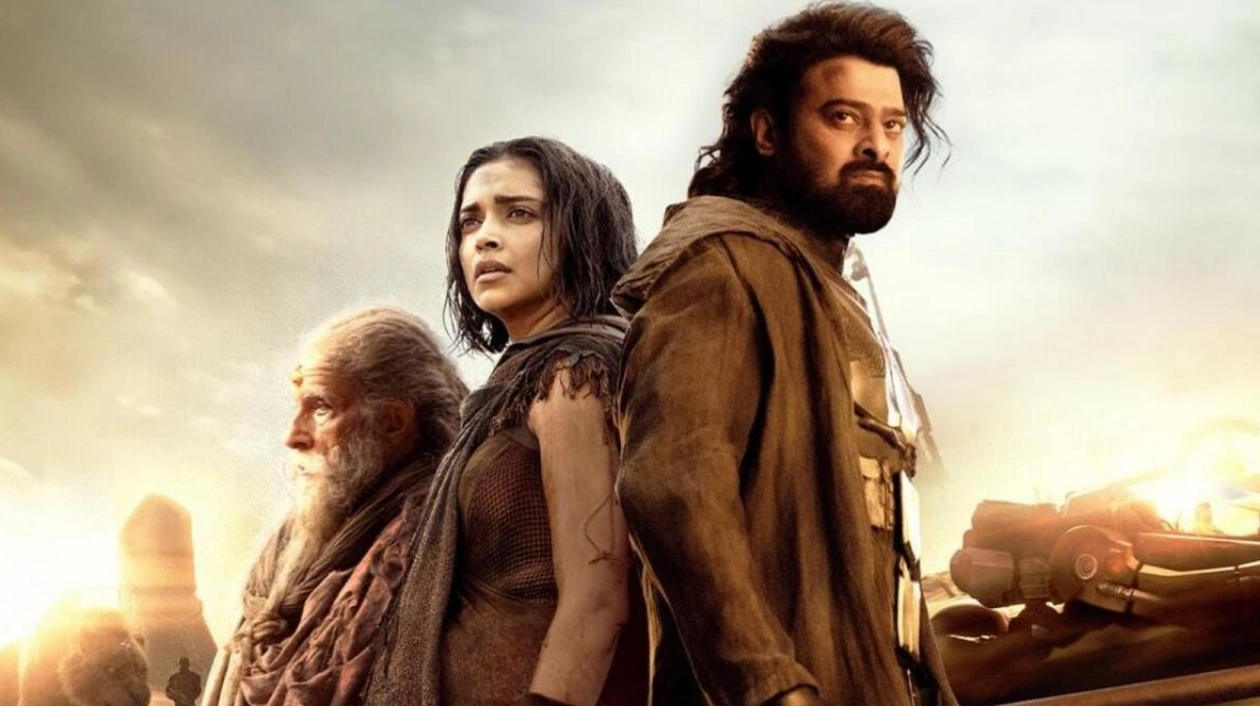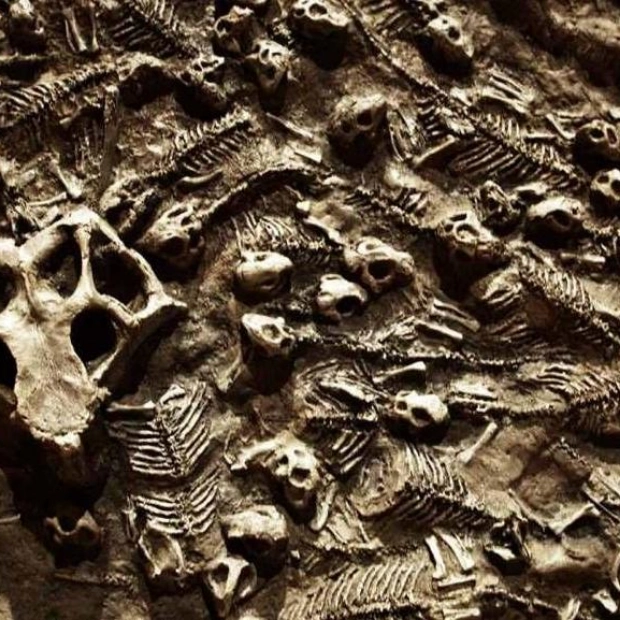Your assessment of 'Kalki 2898 AD,' directed by Nag Ashwin, is a clear indicator of your passion for science fiction, action, and dystopian themes. Hollywood has been pioneering this genre for years, cultivating a fiercely loyal fan base for franchises like Star Wars, DC, and Marvel. The Indian film industry has only recently stepped into this domain, with more ventures emerging from the south, particularly Tollywood, which has shown greater creativity and experimentation compared to Bollywood. However, not all ambitious attempts result in outstanding cinema. While films like 'Bahubali' and 'RRR' have set high standards, others have ranged from mediocre to disappointingly poor (like 'Adipurush'). So, where does 'Kalki 2898 AD' fit into this landscape?
As I pen this review, the film, starring Amitabh Bachchan, Prabhas, Deepika Padukone, and Kamal Haasan, has already crossed the Rs200 crore mark at the box office. Evidently, it has resonated with audiences beyond critical reviews. Yet, some hard truths need to be addressed. The plot, set 6,000 years post the Mahabharata war, unfolds in a dystopian future where the gap between the rich and the poor is painfully evident. The story attempts to critique war, with natural resources depleted in Kasi, the world's oldest surviving city, where residents yearn to relocate to The Complex—a futuristic utopia with fresh air, water, and luxuries, ruled by the malevolent Supreme Yaskin (Kamal Haasan). The narrative features a bounty hunter, Bhairava (Prabhas), Sumathi (Deepika Padukone), a pregnant woman imprisoned in The Complex for a controversial experiment, Mariam (Shobhana), the guiding spirit of Shambala, a sanctuary for rebels, and Ashwatthama (Amitabh Bachchan), a Mahabharata survivor tasked with protecting Sumathi's unborn child.
Despite being marketed as a sci-fi post-apocalyptic film, 'Kalki 2898 AD' draws heavily from the Hindu deity Vishnu's last incarnation, Kalki. The director's attempt to blend mythology with science is ambitious, given the rich imagery and imagination in Hindu folklore. However, while the concept is commendable, the execution is laborious and disjointed. The first half is particularly trying, with convoluted world-building and character introductions that leave viewers disoriented. Characters appear and disappear without reason, notably Disha Patani's inexplicable romantic subplot. Humorous sequences, featuring Prabhas with no comedic flair, are awkwardly inserted and fail to amuse. The special effects, though present, lack originality and are reminiscent of Marvel's offerings. The music choices are also perplexing, with a Punjabi song incongruously mixed with operatic scores during a fight scene.
Fortunately, the film gains momentum in the second half, with a markedly different treatment that raises questions about the consistency in direction and editing. The final battle scenes, revealing Prabhas' true identity and setting up a sequel, are compelling and elevate the film to international standards. However, the journey to these climactic moments is arduous. Additionally, 'Kalki 2898 AD' is marred by overt Hollywood influences, prompting viewers to spot similarities to films like 'Avatar,' 'Star Wars,' and 'Mad Max.'
What does work in the film's favor is its stellar cast. The lineup reads like a who's who of Indian cinema, with each actor delivering, especially Amitabh Bachchan, who dominates every scene. Kamal Haasan, despite a brief role, leaves a lasting impact. Deepika Padukone, mostly in a damsel-in-distress role, may shine in the sequel. Prabhas, after a series of lackluster films, finally gets a fitting portrayal, though his slow-motion shots become repetitive. In summary, despite its grand scale, imaginative plot, and ambitious themes, 'Kalki 2898 AD' is a mixed bag of sci-fi, mythology, and Marvel-esque elements, with too many ingredients diluting the overall impact.






